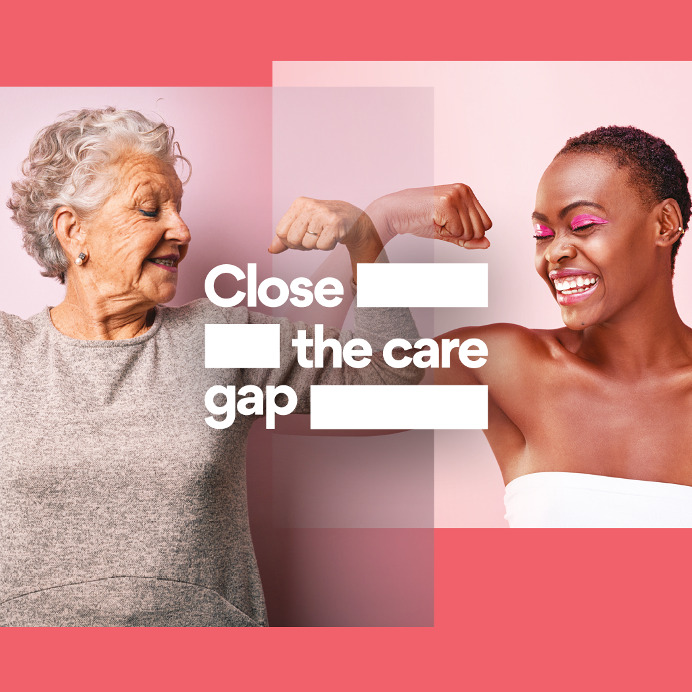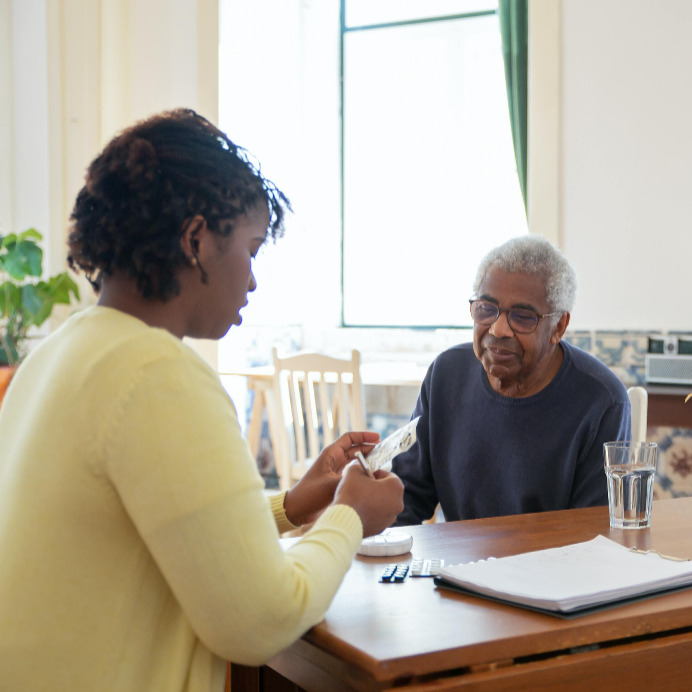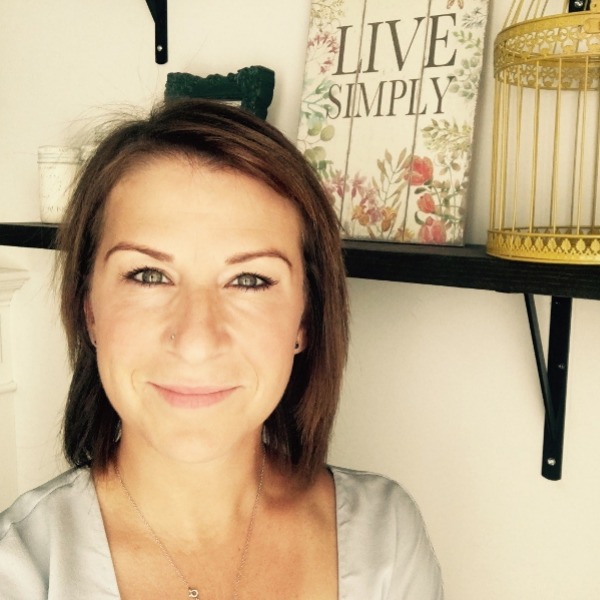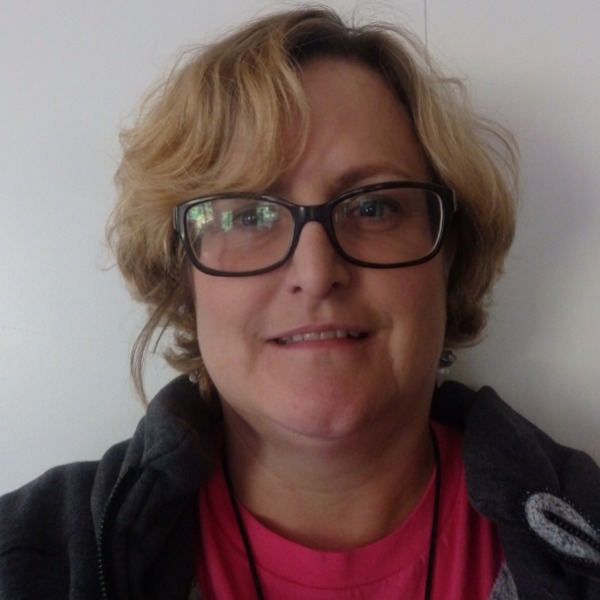By continuing to use our site, you consent to the processing of cookies, user data (location information, type and version of the OS, the type and version of the browser, the type of device and the resolution of its screen, the source of where the user came from, from which site or for what advertisement, language OS and Browser, which pages are opened and to which buttons the user presses, ip-address) for the purpose of site functioning, retargeting and statistical surveys and reviews. If you do not want your data to be processed, please leave the site.
The Voice of People With Breast Cancer
Education
Our Voices Blog
Tag : drug access
What Canadian Oncology Experts are Recommending to Improve Access to New Cancer Treatments
The world of cancer treatment is rapidly advancing. Scientists are discovering new ways to target cancers, making drugs more effective and more precise. But with these new advancements, comes a long process of approvals involving many steps to allow Canadians to access them. Not only do new drugs need to be approved for safety and efficacy by regulatory bodies like Health Canada and the Canadian Drug Agency, but then they also need to go through price negotiations between the drug manufacturers and the provinces . These negotiations set the cost that every province will pay to the drug company once the drug is added to public drug plans.
2022: Our Year in Review
CBCN connects patients, caregivers, health care professionals, researchers, public health agencies and industry stakeholders to improve knowledge translation and promote optimal health outcomes for Canadians with breast cancer. We do this through the promotion of information sharing, education, and advocacy activities. As we look forward to the new year, we would also like to look back on 2022 and share what CBCN has achieved on behalf of Canadian breast cancer patients, their loved ones, and caregivers.
For the Newly Diagnosed: Part 1
Point of view: You’ve recently been diagnosed with breast cancer, and you’re overwhelmed, confused, scared, and more. You are still having a hard time accepting being diagnosed and don’t know where to start in finding out more medical information about your diagnosis as well as trying to prepare yourself emotionally. While you’ve probably received some type of handout from you doctor, there’s still more information that you need to wrap your head about this change in your life. You’ve also likely searched Google for non-medical information but you are having a hard time finding this information.
Closing the Breast Cancer Care Gap
This World Cancer Day, the focus is on how to ‘Close the Care Gap’. It is a call for everyone to not only become aware of the inequities that exist in cancer care, but to get actively involved in addressing and reducing such inequities. These inequities can be due to systemic and social barriers, as well as general access to care. While such gaps exist, they can be reduced and eventually eliminated. Below, we outline what CBCN is doing to close the breast cancer care gap and what you can do too.
CBCN-in-Action: 2021 in Review
The Canadian Breast Cancer Network exists to ensure the best quality of life for all Canadians diagnosed with breast cancer. We do this by voicing the views and concerns of breast cancer patients through education and advocacy activities. We also work to ensure that what we undertake is: patient-centered, credible and promotes equity.
Breast Cancer Treatments in Canada: Accessing Treatment and Funding for Treatments
Being diagnosed with breast cancer comes with many challenges and complications, accessing breast cancer drugs and funding for breast cancer drugs shouldn’t be one of them. Unfortunately, breast cancer patients across Canada do not always have access to the same breast cancer drugs. In the case where the same treatment is available in different provinces and territories, the funding for these drugs may not be the same across provinces and territories.
Questions and Experts Session Guide: A Drug Access Navigator Answers Questions about Accessing Breast Cancer Drugs in Canada
In today’s post, we provide the questions that were sent in and asked during the live session of our Questions and Experts session held in October 2021. In this session, Michele MacDonald, RPhT, a Regulated Pharmacy Technician a Drug Access Navigator, answered questions about accessing breast cancer drugs in Canada. In the parentheses, you’ll find the timestamp of where to find the question in the on-demand video.
What you need to know: Accessing clinical trials out of province and out of country
I have been living with metastatic breast cancer for over eight years. While I am usually averse to using battle analogies for living with and dying from cancer, finding the best care has required a fight, considerable perseverance, and hard work. Fortunately, my ER+/PR+ tumours (pleura/liver/lymph) have responded well, but not great, to hormonal therapies. I’m onto my seventh line of treatment.
Is this the drug funding we deserve?
When I started getting sick in the late summer of 2011, I was pretty sure I knew what it was. I thought my endometriosis was "acting up." Then my symptoms changed and a Google search convinced me I needed my gall bladder removed. I exaggerate, but the point is that while my disparate symptoms piled up, I was sure there was a simple explanation. Cancer never entered my mind, even when my gynaecologist found a lump in my breast I hadn't noticed.
Living with mbc and learning to celebrate each day
Adriana Capozzi of Bradford, Ontario, was diagnosed in October 2014 with HER2-positive, Stage III breast cancer. She received four months of chemotherapy and one year of Herceptin, along with a bilateral mastectomy and 25 rounds of radiation.
In search of timely and equitable access to drugs
I learned about “timely and equitable access” to oncology drugs at the Canadian Breast Cancer Network's metastatic breast cancer advocacy training in 2013. I was the first in Canada prescribed Perjeta, days after Health Canada approved the drug. My oncologist shared exciting trial results about dual blockade (using two drugs simultaneously against breast cancer). The trastuzumab emtansine (TDM-1) trial had closed days earlier. Another combo was available but it was “back pocket.” The caveat was that it wasn’t funded but my extended health insurance benefits agreed to pay. On route to my first infusion, I penned a sign: BELIEVE. We did. I had dozens of liver and lymph mets and my liver was failing. After two rounds, I had normal liver enzymes and after three, normal tumour markers.














